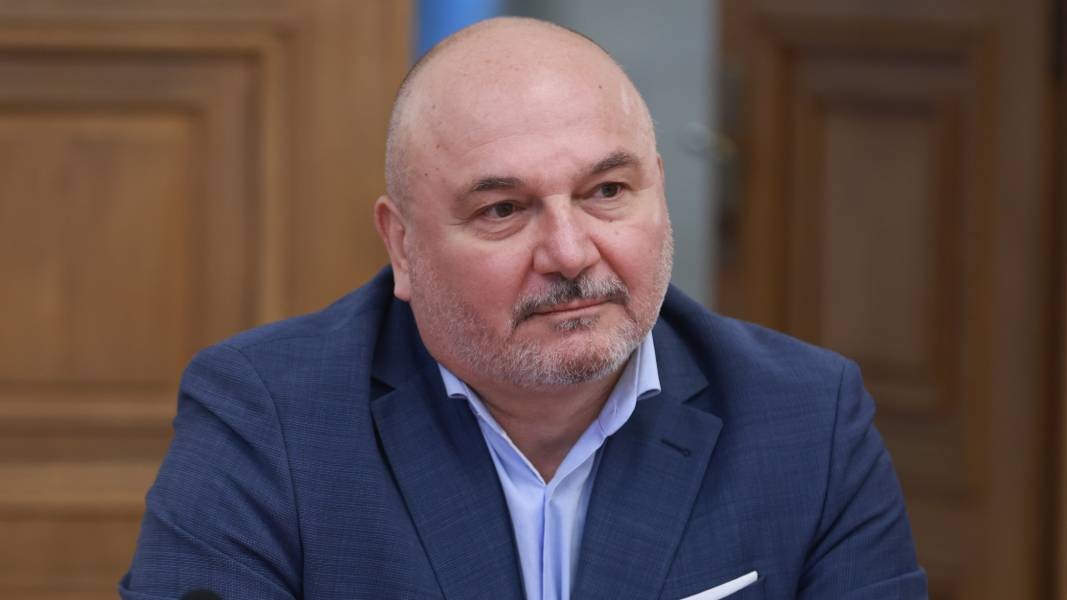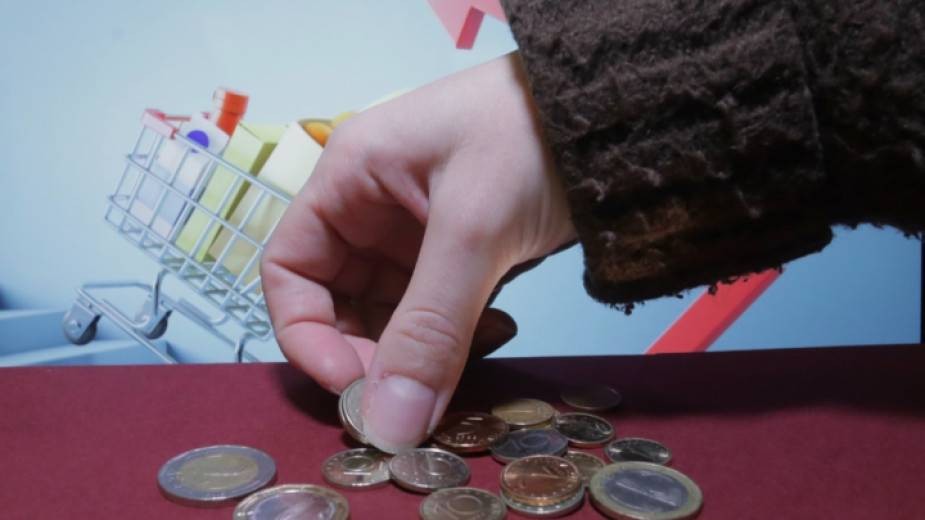



English publication: R. Petkova
Photos: Ройтерс, BTA, weforum.org, BGNES
The liberalization of the electricity market for household consumers and their entering the free electricity market, something companies did years ago, is being postponed. At least for now. The reform should have entered into effect on 1..
The preparation of the non-banking financial sector for the introduction of the euro is at a very advanced stage and a significant part of it has already taken concrete measures to adapt to the new currency, the new chairman of the Financial..
The likelihood of Bulgaria joining the eurozone on 1 January 2026 is growing by the day. The country would become the 21st EU member to adopt the single currency. The signals are coming both from the Bulgarian government, which has repeatedly stated..
After the controversial success of the "Green Deal" and carbon emission quotas, which made electricity in Europe much more expensive..
This year will be the last in which Bulgarians receive their income in leva. In what currency will people declare their money to the tax authorities..

+359 2 9336 661
